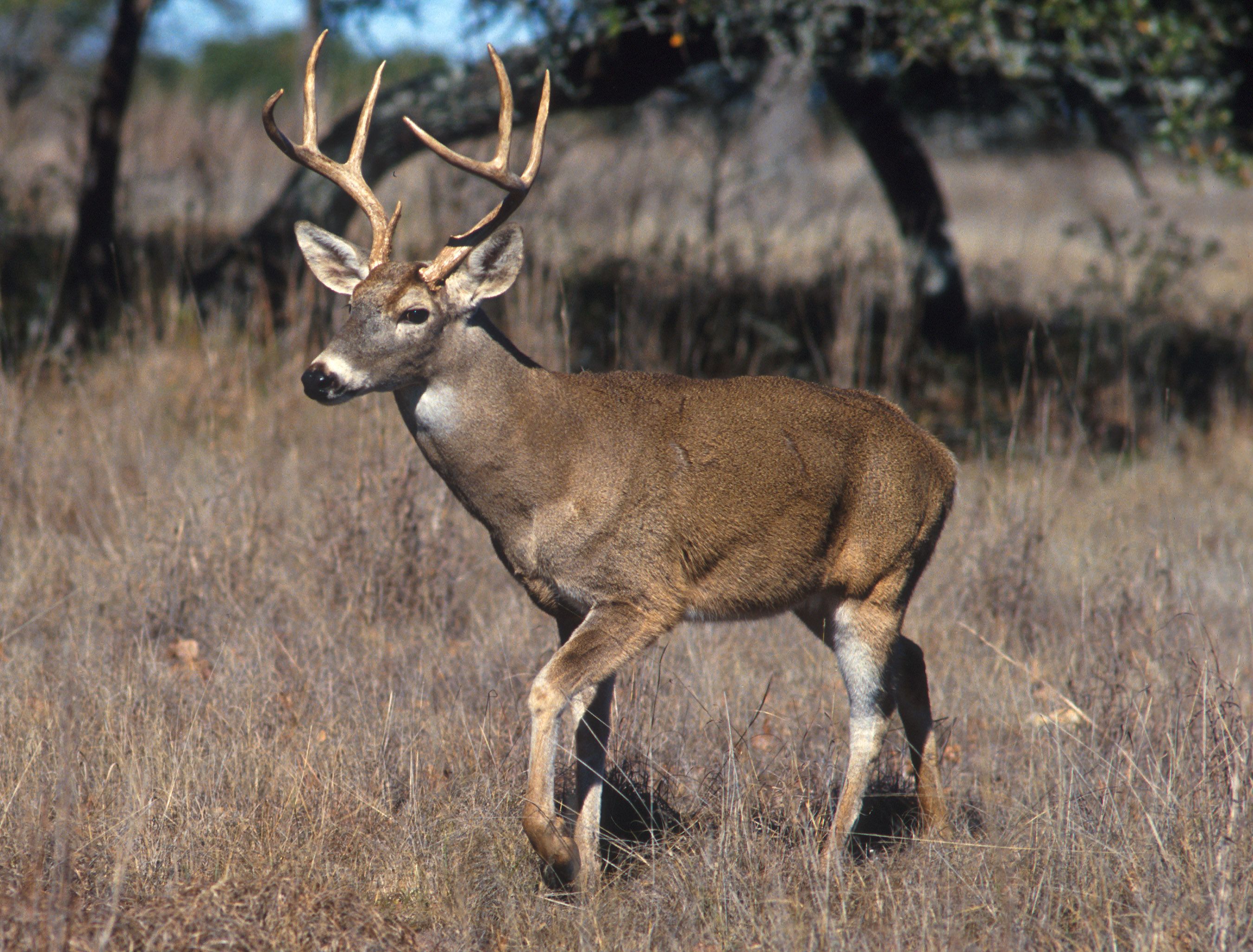As of January 2019, twenty-four states and two Canadian provinces have reported cases of chronic waste disease (CWD), popularly known as "zombie deer" disease.
The mysterious disease has been found in free-range white-tailed and mule deer, moose and elk, according to a recent report from the Centers for Disease Control and Prevention (CDC).
The afflicted animals are usually characterized by a zombie-like stare and extreme weight loss. The disease, which has no treatments or vaccines, gradually shuts down the nervous system, leading to their death.
Scientists believe that CWD spreads through animal-to-animal contact as well as through contaminated food, drink, and bodily fluids.
Symptoms are caused by "malformed prion that kills neurons in the infected animal's brain," and they include drooling, aggression, lack of coordination, and lack of fear of humans.
So far, there has been no reports of the disease in humans, but scientists now have reason to worry about its spread to people due to the consumption of contaminated meat.
Experts, like Michael Osterholm, who is the director of the Center for Infectious Disease Research and Policy at the University of Minnesota, are urging the government to treat this as a public health issue to protect the population.
"It is probable that human cases of CWD associated with the consumption of contaminated meat will be documented in the years ahead. It is possible that number of human cases will be substantial and will not be isolated events," he said, according to the Twin Cities Pioneer Press.
While speaking with lawmakers in Minnesota, Osterholm likened CWD, which was first discovered in the late 1960s, to mad cow disease.
Like CWD, mad cow disease also stemmed from prions (misfolded protein molecules). When the disease was first detected in cattle, scientists did not think it would eventually be transmitted to humans.
Osterholm and his fellow researchers also warn that CWD prions can survive in the environment for long periods of time, so even after the infected animal has died, the disease can still spread.
In some parts of the country, like Pennsylvannia, CWD cases have tripled, so state game commissions are urging hunters to test all game before consuming them.
"It's important for each of us to take this threat seriously and do all we can to slow the spread of the disease where it exists," the game commission's executive director, Bryan J. Burhans said in a 2018 release.
"If Stephen King could write an infectious disease novel, he would write about prions like this," Osterholm said, highlighting the severity of the threat.




